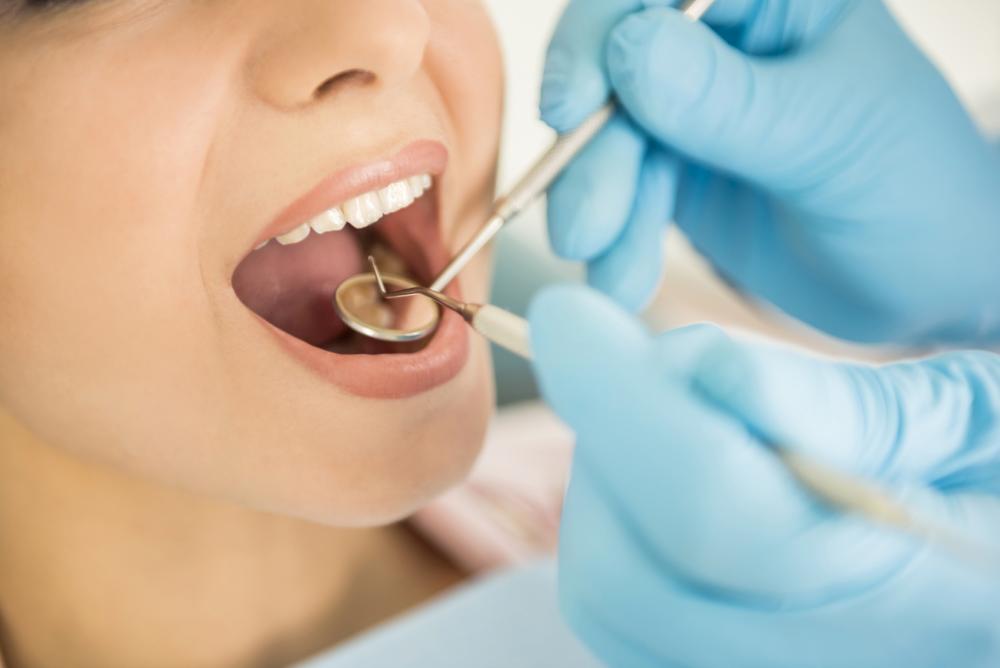Discover the most effective Dentist in Eugene Oregon for Your Family members's Oral Demands
Discover the most effective Dentist in Eugene Oregon for Your Family members's Oral Demands
Blog Article
Discover Regular Dental Worries Your Dentist Can Solve
Recognizing regular oral worries is critical for preserving optimal dental health and wellness. Problems such as tooth cavities, periodontal disease, tooth sensitivity, negative breath, and tooth degeneration are common yet commonly ignored up until they end up being serious. Routine dental visits and individualized treatment plans can resolve these problems successfully, ensuring a much healthier and brighter smile.
Cavities
Dental caries, also referred to as cavities, are a common dental health problem triggered by the demineralization of tooth enamel due to acid manufacturing from bacterial plaque. This process begins when microorganisms in the mouth metabolize sugars and starches from food, generating acids that erode the enamel. Otherwise resolved without delay, this disintegration can permeate deeper into the tooth, influencing the dentin and eventually the pulp, potentially resulting in extreme discomfort and infection.
The beginning of tooth cavity formation frequently present as white places on the tooth surface, showing initial demineralization. As the procedure progresses, these places can turn into brown or black lesions, signifying much more comprehensive degeneration. Routine oral exams are critical for very early detection, as cavities in their inceptive phases can be treated with remineralization techniques, such as fluoride treatments.
Dental practitioners typically get rid of the decayed section of the tooth and load the cavity with materials such as composite material, amalgam, or ceramic. Precautionary steps, including good dental hygiene techniques and dietary adjustments, play a pivotal role in minimizing the risk of dental caries.
Periodontal Disease
While dental caries stand for a significant issue for dental health, another vital problem that demands attention is periodontal illness. Recognized as gum illness, periodontal disease is an inflammatory condition affecting the cells bordering and supporting the teeth. It is mostly brought on by the build-up of plaque-- a sticky movie of germs that develops on teeth.
Periodontal illness progresses with stages, beginning with gingivitis, identified by inflammation, swelling, and hemorrhaging periodontals (dentist in eugene oregon). If left untreated, gingivitis can rise to periodontitis, where the inner layer of the gum tissue and bone draw away from the teeth, creating pockets that become contaminated. In time, the toxic substances created by the germs damage down the bone and connective tissue that hold teeth in place, possibly causing tooth loss
Early detection and therapy are critical. Professional oral cleanings and enhanced dental health techniques, such as brushing two times daily and flossing, can handle gingivitis. For advanced stages, therapies may include scaling and root planing, anti-biotics, and even surgical interventions.
Normal dental examinations play a pivotal function in managing and stopping gum tissue disease. Dentists can determine early signs and suggest ideal treatments, making sure the maintenance of healthy and balanced gums and overall oral health.
Tooth Level Of Sensitivity
Tooth level of sensitivity influences millions of individuals worldwide, presenting a typical yet commonly traumatic oral problem. This condition emerges when the enamel, the outermost protective layer of the teeth, is compromised, disclosing the underlying dentin. The dentin consists of tiny tubules that lead straight to the oral pulp, where nerves stay. When subjected to stimuli such as warm, cool, pleasant, or acidic substances, these nerves are caused, causing sharp discomfort or pain.
Numerous elements contribute to enamel disintegration and subsequent tooth sensitivity, consisting of aggressive cleaning, acidic foods and beverages, gum tissue economic crisis, and bruxism (teeth grinding) Additionally, oral procedures such as teeth lightening can momentarily increase sensitivity.
Halitosis
One more common oral concern that impacts individuals' daily lives is poor breath, medically termed halitosis. Halitosis typically originates from poor oral hygiene, which enables food particles to remain in the mouth, promoting bacterial growth.
Referrals might include boosting oral health techniques, such as normal brushing and flossing, utilizing anti-bacterial mouthwashes, staying hydrated, and addressing any type of oral concerns. Effective management of halitosis not only enhances dental health and wellness however also considerably improves top quality of life.
Tooth Degeneration

Protecting against dental caries includes a mix of excellent dental hygiene practices and regular oral check-ups. Brushing teeth at least two times daily with fluoride tooth paste, flossing to get rid of plaque in between teeth, and restricting the consumption of sweet foods and drinks are important safety nets. Fluoride treatments, dental sealants, and specialist cleanings given by a published here dental practitioner can also play a substantial role in fortifying enamel and protecting against decay.
Dental practitioners can get rid of corroded tissue and recover the tooth with dental fillings made from materials such as composite material, amalgam, or porcelain. By attending to tooth decay promptly, dental practitioners assist preserve oral structure and function, making sure long-lasting dental health and wellness.
Conclusion
Resolving typical oral worries such as dental caries, gum disease, tooth level of sensitivity, halitosis, and dental cavity is essential for keeping optimum oral health and wellness and overall well-being. Dental professionals have the proficiency to detect and treat these problems properly, making sure tailored care for each person. Routine precautionary procedures and dental examinations are necessary in determining and managing these concerns early, advertising a much healthier and extra confident smile over a life time.

Tooth decay, additionally understood as dental caries, happens when the enamel, the outer layer of the tooth, is deteriorated by acids generated by microorganisms in the mouth. Brushing teeth at least two times daily with fluoride tooth paste, flossing to get rid of plaque in between teeth, and restricting the intake of sweet foods and beverages are crucial precautionary procedures.Resolving typical oral worries such as cavities, gum tissue illness, tooth sensitivity, bad breath, and tooth degeneration is important for maintaining ideal oral health and wellness and overall health.
Report this page